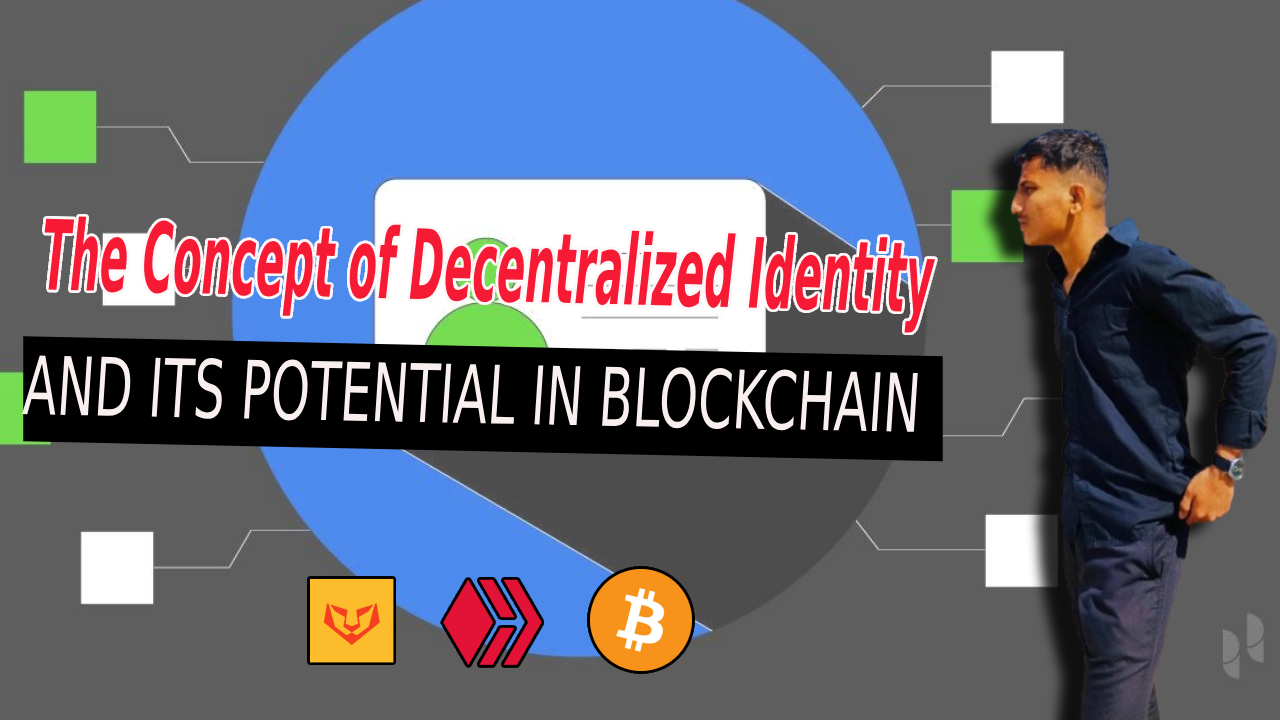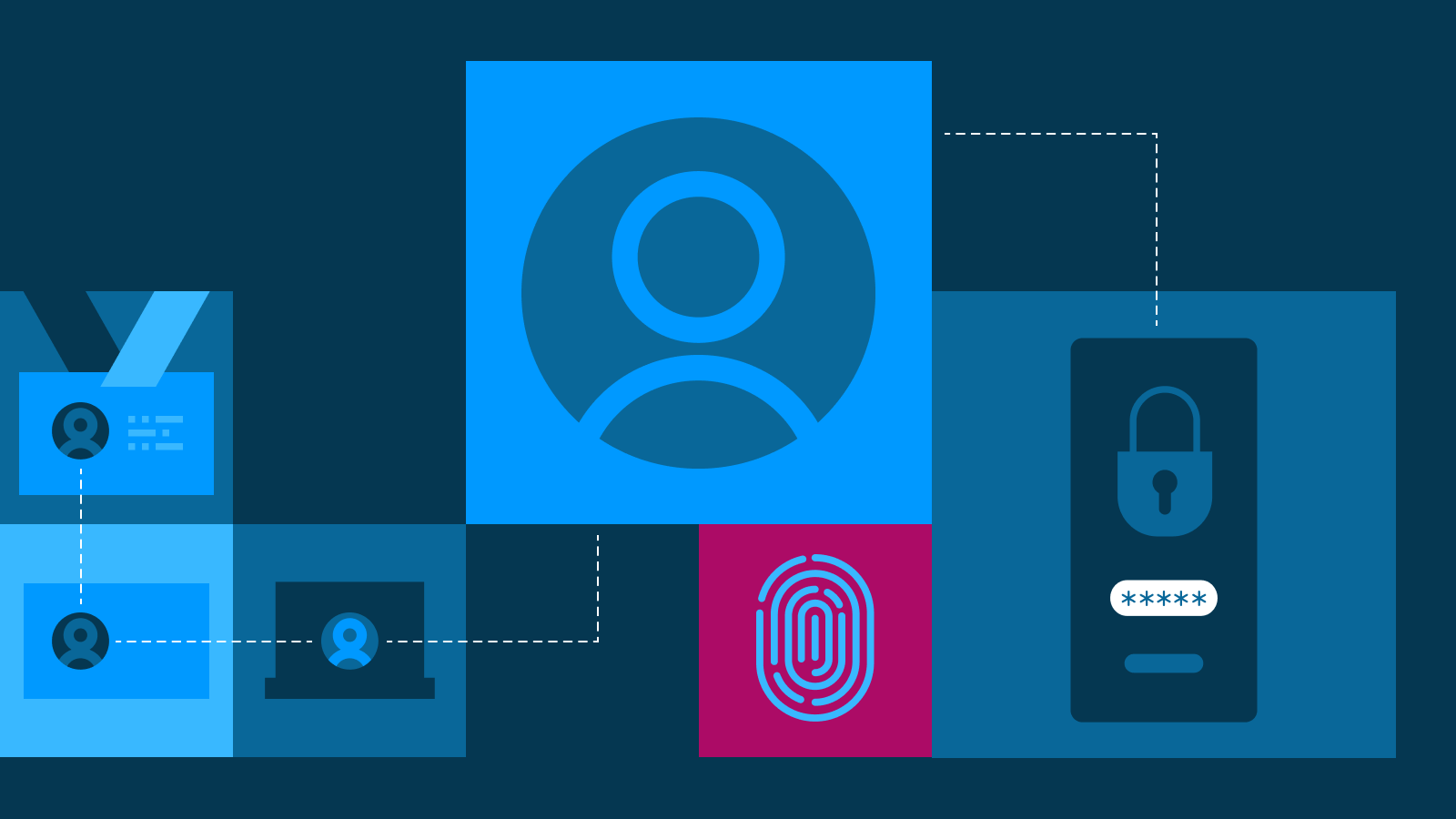Identity is everything in both the real world and the digital world. Even if you are opening a bank account or signing up for social media, you need an identity. You have to prove who you are. But, you know, identity is a sensitive thing, so if you are giving control to others to manage your identity through a centralized platform, then you are doing the wrong thing. Third parties should not be involved in things like identity. Identity theft and data theft are issues that we have seen many times. But wait, there is a great alternative which is powered by blockchain, and it is a decentralized identity.

DID is not a famous term, which is a decentralized identity, and it is a new thing that comes into managing personal data. DID is providing a facility in which you don't need to give your identity to a third party, like we do on Facebook, Instagram, or Google. So what exactly DID do? It is stored in a decentralized network and built on cryptographic proofs. That means there is full ownership with DID to your credentials. Imagine there is a digital wallet in which you are storing your records, history of work, documents like a driving license, but only you can access it.
Blockchain is not just a chain for transactions, but it also plays key roles in so many things, including decentralized identity. Blockchain offers security and decentralization in identity, which can be registered, and not only this, but it is easy to verify. We all know that traditional identity depends on centralized parties, but in DID, it is completely decentralized and in your hands. Which means you can create, manage without central permission to your own identity.
So it is ok that DID is decentralized, but it is also providing privacy. Selective disclosure is there because you don't need to provide sensitive information when you interact. When you are not using a cryptographic technique like DID, then sometimes you need to provide full information. Let's understand this with a great example. Let's say you are buying something that only 18+ people can buy, so in this case, you have to provide your date of birth, which is sensitive data. But with DID, you can prove you are 18+ without leaking your date of birth, and that's the beauty of decentralized identity.
Now there is one more thing, which is interoperability. Separate login for each and every website is a headache, but once you verify your digital identity, it can be useful for multiple platforms. So there is a decentralization, security, plus it is saving time. So this particular thing can be very useful for sectors such as health, finance, voting, and education.
Now talking about challenges then they exist. Interoperability standards are evolving, and mass adoption is not possible without cooperation and a tie-up with the government, tech firms, and institutions. Also, gaining people's trust is necessary because this is a new model for them, so it is needed to educate them first. So things take time.
So governments and any banks understand that crypto and blockchain are just buy, sell and gamble things. But they do not understand that multiple great technologies are hidden in blockchain, which is very useful in the real world, and decentralized identity is one of them. I would like to know your most important opinions on this topic. Please let me know your views in the comments, and X, Reddit, Medium, and other social media shares are appreciated.
"Your time is limited, so don't waste it living someone else's life. Don't be trapped by dogma — which is living with the results of other people's thinking." -Steve Jobs
MESSAGE ME ON telegram(@faiz19711)


